Dogs are known for their curious taste buds, often leading them to sniff out snacks that we humans may not expect. Sunflower seeds, with their crunchy texture and nutty flavor, may catch your pup’s attention. But before you toss them a handful, it’s crucial to understand whether these seeds are safe for your furry friend. In this comprehensive guide, we’ll explore everything you need to know about dogs and sunflower seeds.
Contents Overview
Can Dogs Eat Sunflower Seeds?
You might be wondering, can dogs safely indulge in sunflower seeds? The short answer is yes but with a few caveats. While sunflower seeds are not toxic to dogs, they should be consumed in moderation and prepared properly to avoid any potential risks.
Benefits of Sunflower Seeds for Dogs
Like many nuts and seeds, sunflower seeds offer some nutritional benefits for dogs when given in moderation:
- Healthy Fats: Sunflower seeds contain healthy fats, including omega-6 fatty acids, which can contribute to your dog’s skin and coat health.
- Protein: Sunflower seeds are a source of protein, which is essential for muscle growth and repair.
- Vitamins and Minerals: These seeds contain vitamins and minerals such as vitamin E, magnesium, and selenium, which support your dog’s overall health.
- Fiber: Sunflower seeds provide dietary fiber, which can aid in digestion and promote bowel regularity.
Risks of Feeding Sunflower Seeds to Dogs
While sunflower seeds can offer nutritional benefits, there are also risks associated with feeding them to your dog:
- High-Fat Content: Too many sunflower seeds can lead to excessive fat intake, which may contribute to weight gain and pancreatitis in dogs.
- Salt Content: Some sunflower seeds are salted, which can be harmful to dogs, leading to sodium ion poisoning.
- Choking Hazard: Sunflower seeds are small and hard, posing a choking hazard, especially for small dogs or those prone to gulping their food.
Precautions When Feeding Sunflower Seeds to Dogs
To ensure the safety of your furry friend, consider the following precautions when offering sunflower seeds:
- Moderation is Key: Limit the amount of sunflower seeds you give to your dog. A few seeds as an occasional treat are generally safe but avoid overfeeding.
- Choose Unsalted Seeds: Opt for unsalted sunflower seeds to avoid exposing your dog to excess sodium.
- Avoid Shells: Remove the shells before offering sunflower seeds to your dog, as they can be difficult to digest and may pose a choking hazard.
- Monitor for Allergic Reactions: Keep an eye out for any signs of allergic reactions, such as itching, swelling, or gastrointestinal upset, and discontinue feeding if any occur.
Bottom Line
In conclusion, while dogs can eat sunflower seeds in moderation, it’s essential to be mindful of potential risks and take necessary precautions. These seeds can offer some nutritional benefits but should never replace a balanced diet formulated specifically for your dog’s needs. As with any new food, it’s always best to consult with your veterinarian before introducing sunflower seeds into your dog’s diet. With proper care and moderation, you can safely share the occasional sunflower seed snack with your canine companion.

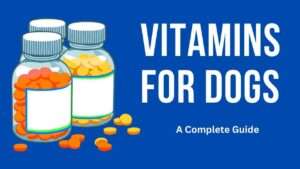

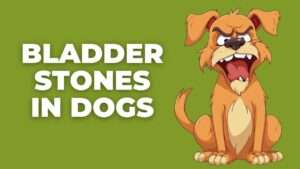











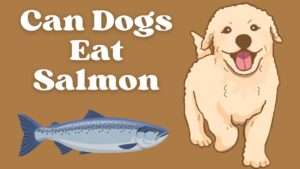
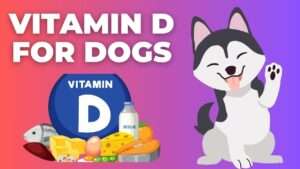




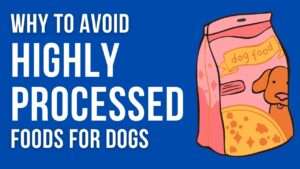
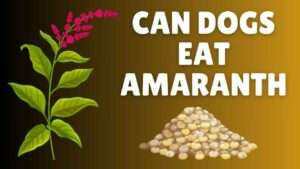



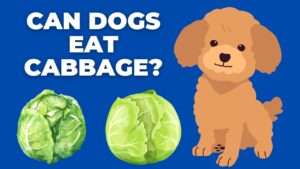

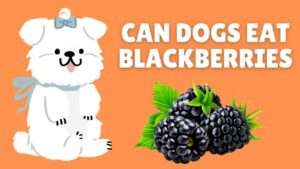







+ There are no comments
Add yours